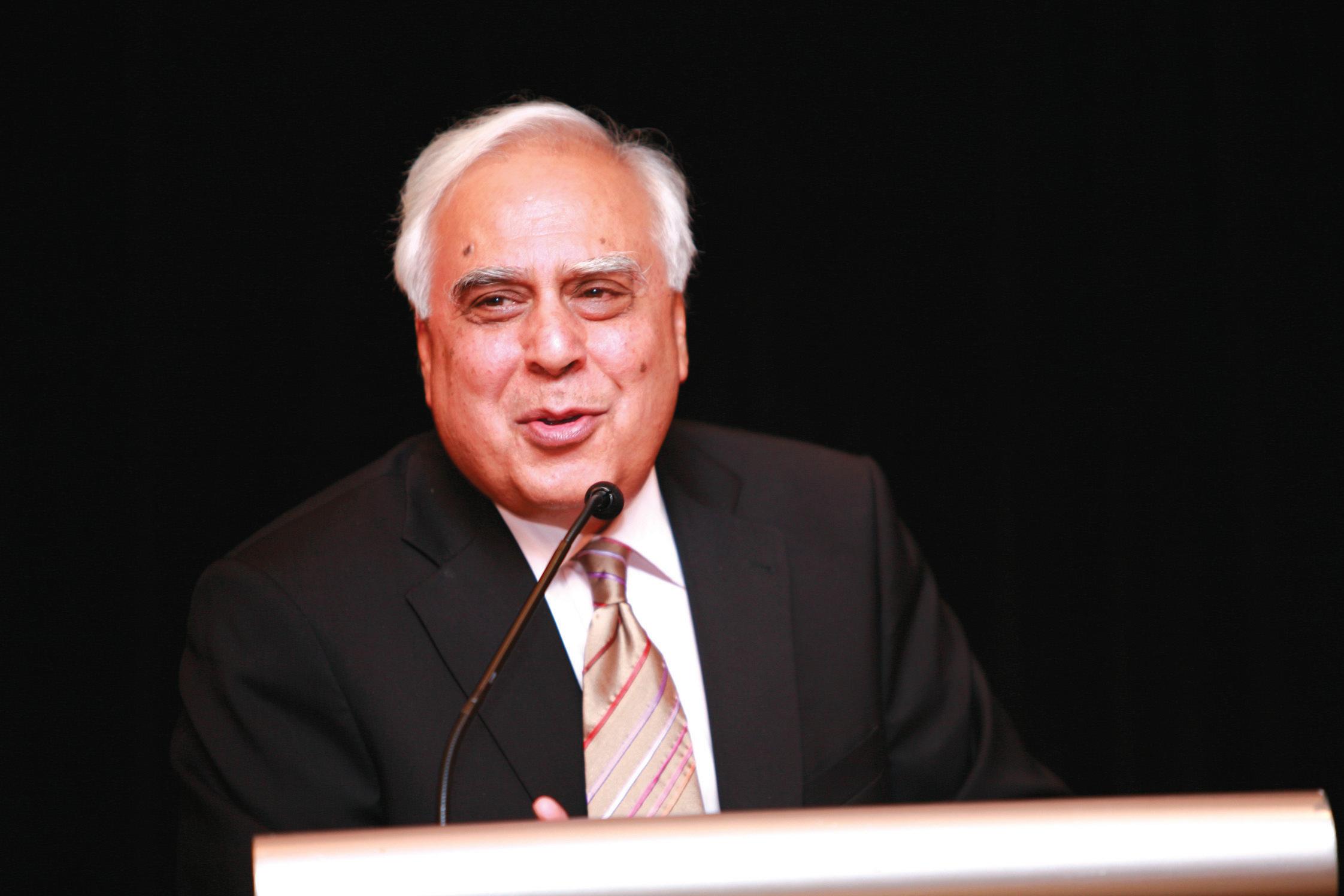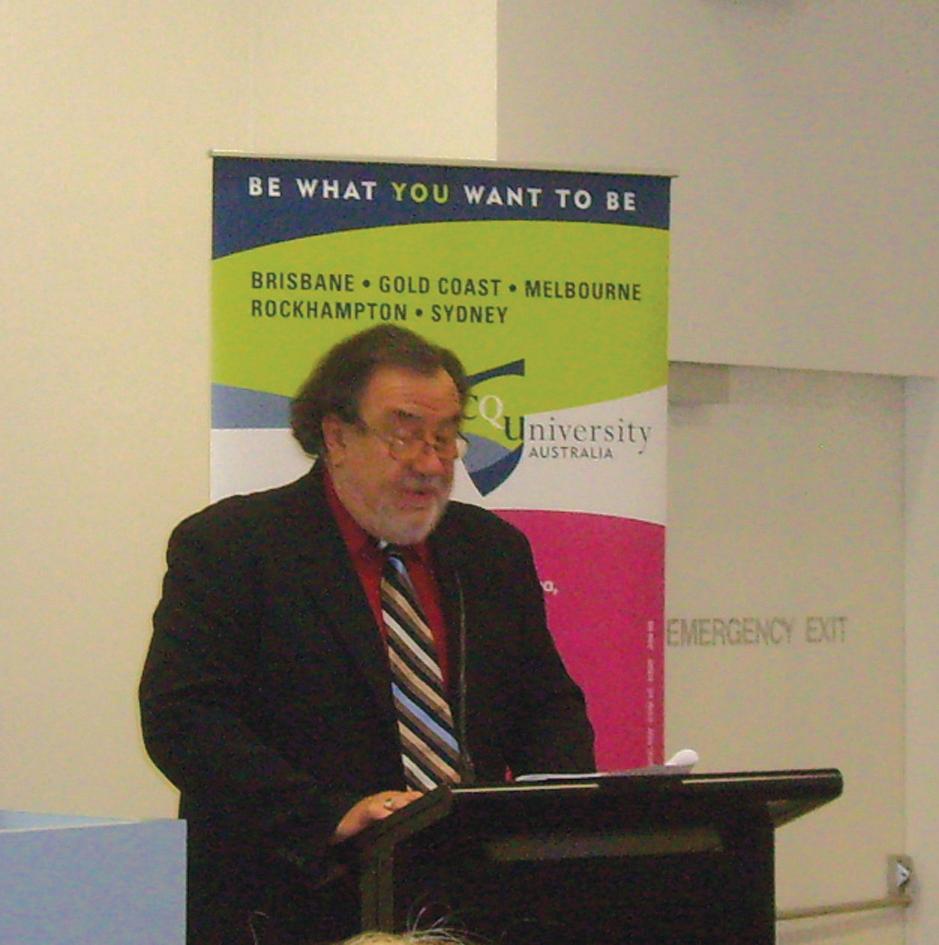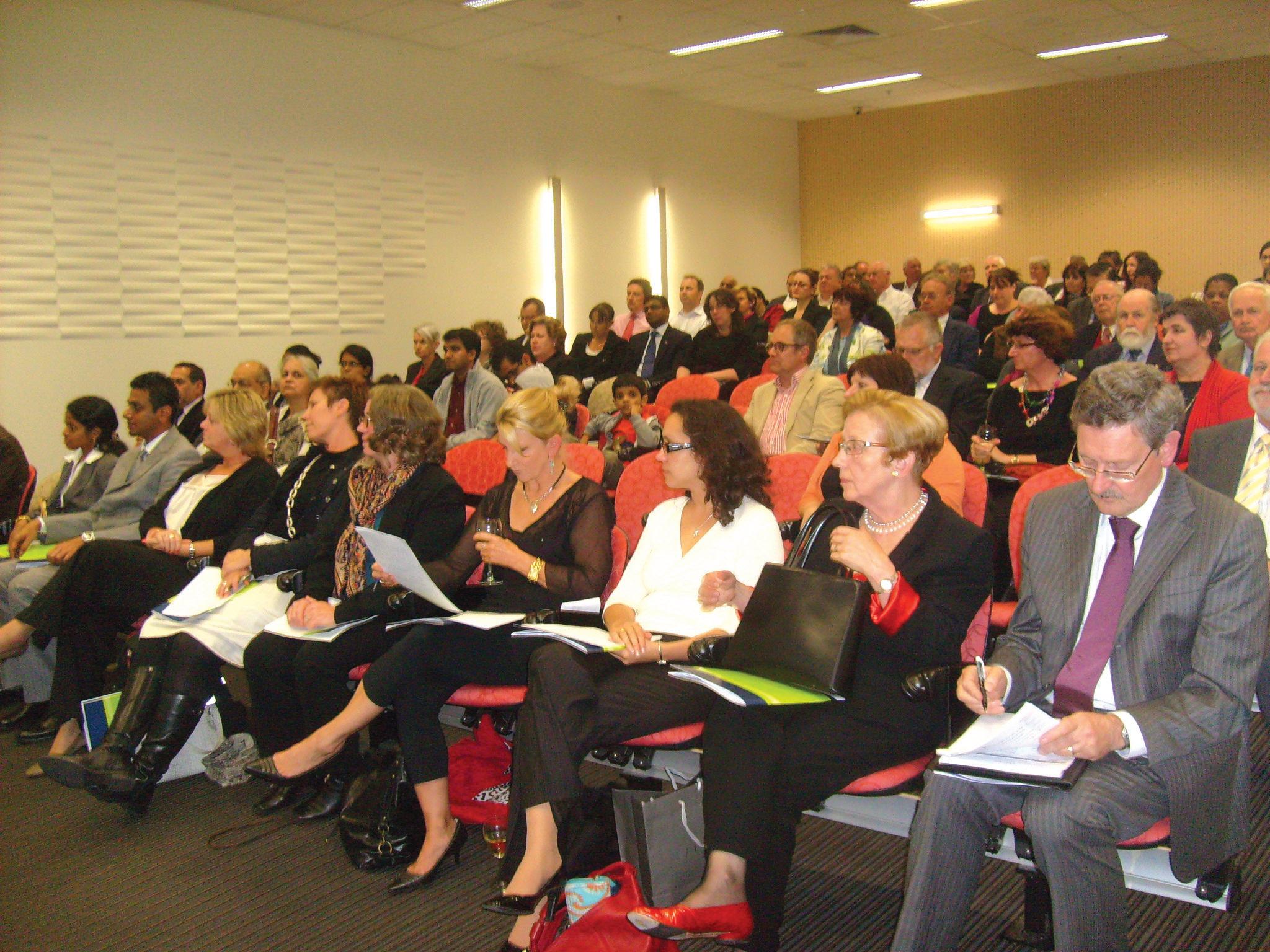
2 minute read
Indo-Oz Education Council initiative mooted
from 2010-05 Melbourne
by Indian Link
Indian Union Minister for Human Resources Development, Mr Kapil Sibal addressed a press conference during the Melbourne leg of his recent official trip to Australia. Held on April 8, the conference was attended by the High Commissioner of India in Australia, Shrimati Sujatha Singh and the Consul General of India in Melbourne, Ms Anita Nayar. Expressing pleasure at being back in Australia after two years, the minister said that he met Mr Stephen Smith, Australian Foreign Minister during his visit to Perth, before arriving in Melbourne. He stated that Mr Smith had assured him that the Australian federal government was undertaking appropriate steps to resolve and settle the issue of the safety of Indian students studying here. Mr Sibal also had discussions with representatives of various Australian universities and education providers on methods leading towards increasing educational partnerships and cooperation.
In Melbourne, Mr Sibal met Julia Gillard, Australian Deputy Prime Minister and Minister of Education, Employment and Workplace Relations. An important joint statement was signed resulting in a one-ofits kind initiative – the establishment of the India-Australia Education Council. Speaking about this council the minister said it would be a bilateral body with representatives from academia, policymakers, business and industry who would interact on issues relating to education and further collaboration, and it would start functioning tentatively from September 2010. Its aim would be to bring together government, academia, business and industry of both countries to further bilateral collaboration in the education sector, with respect to the fact that education is central to sustained, inclusive and equitable growth. The initiative also included an agreement to facilitate the organisation of an IndiaAustralia inter-university convention of Vice Chancellors and academia to interact on issues of mutual concern among academics. Under this initiative the two sides also agreed to facilitate the initiation of joint faculty development programmes through regular exchange of faculty and training in areas like teaching, research and curriculum development.
Mr Sibal mentioned that he had also raised the topic of safety of the Indian students in Australia with the Deputy Prime Minister who had reassured him that the government was undertaking strong, constructive measures to address the issue. “I mentioned to her about the lack of data and research as to the genesis of these attacks,” he said. He also stated that he had informed her that in India, the cabinet had passed the Educational Malpractices Act and similar legislation could be considered in Australia so that incidents which were not crimes under the penal code could be dealt with and both the Australian federal government and the state government to resolve the issue. The conference was followed by a reception in honour of the minister and guests were briefed about the Gyan Network
Universities in India and Australia. It was an eventful evening, and one that holds promise for a better understanding and cooperation between Australia and India. Madhuchanda Das
When people pass away they leave memories behind, as a reminder of the significant impact of their existence in our lives. The Dr Martand Joshi Memorial Lecture was one such event, held in CQ University on the evening of April 14. It was held to honour Dr Martand Joshi, a champion of cultural relations between Australia and India. Professor Tony Adams, an international education consultant and former senior academic gave a lecture that evening which reflected the past 25 years in his address: “Reflection on International Education: the sale and purchase of dreams”. Apart from Dr Joshi’s family and friends, the lecture was attended by highly educated and experienced academics who have worked or are still working for well known universities markets by our detractors, and there will need to be a new alignment between recruitment and skilled migration. We are as dependent on skilled migration for our future as we were years ago.” He mentioned that the changes to skilled migration which saw annual growths in vocational education visas by over 70% pa was the catalyst that brought it all together.


After the lecture a panel discussion was organised with Tony Adams; Dr Ken Hawkins, Chief Executive Officer, C Management Services Pty .Ltd; Melissa Banks, Director, Mels Resources Pty Ltd Banks Consulting and David Hamilton, Professor CQ University. They answered a series of questions from the audience on issues relating to the










